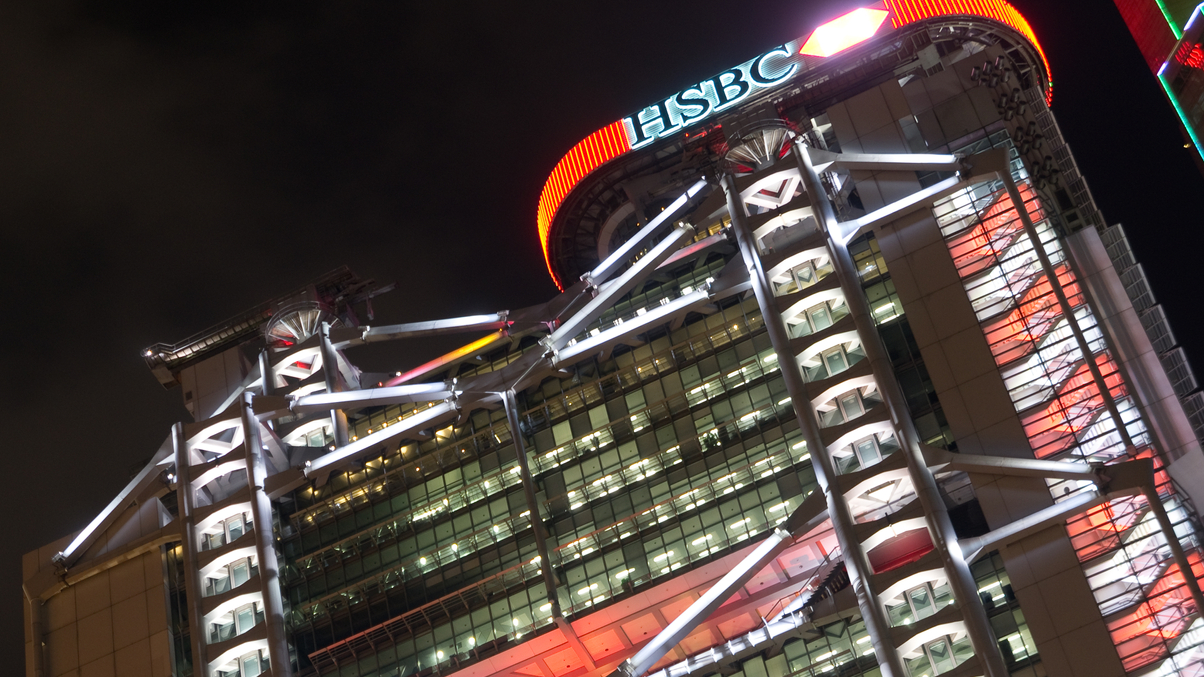Taxes and China loom large in HSBC’s HQ decision
After announcing a review of where to locate its headquarters, analysts say moving back to Hong Kong could help reduce the global bank's regulatory costs but would not necessarily shield it from US watchdogs.

Frustrated over increasing costs of regulation, London-based HSBC’s veiled suggestion that it could shift its global headquarters to Hong Kong have been met with support and scepticism.
Sign in to read on!
Registered users get 2 free articles in 30 days.
Subscribers have full unlimited access to AsianInvestor
Not signed up? New users get 2 free articles per month, plus a 7-day unlimited free trial.
¬ Haymarket Media Limited. All rights reserved.


